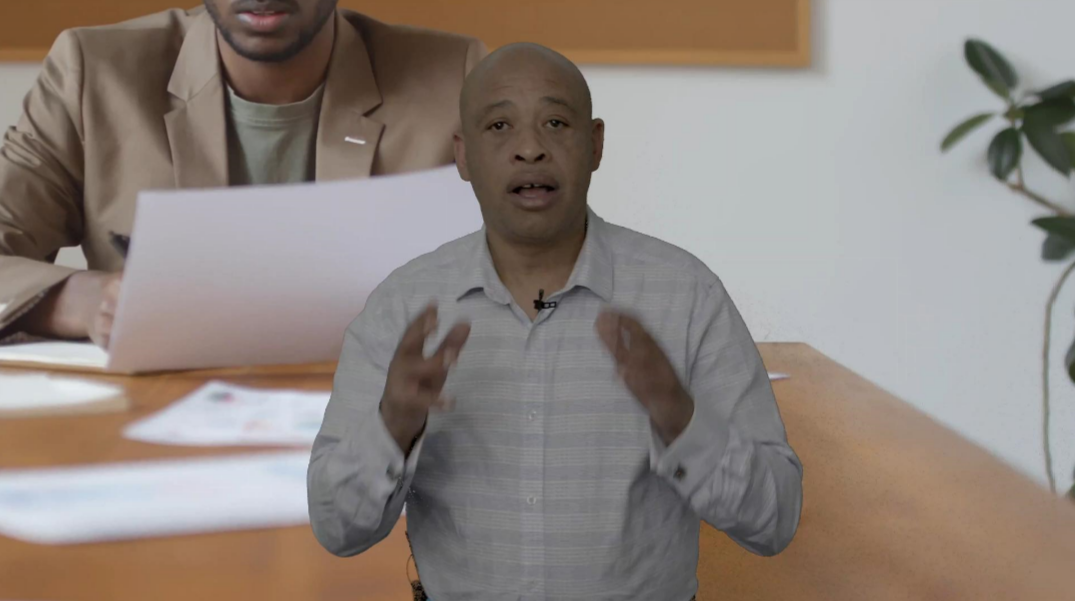10 Great Tips for Dealing With Workplace Conflict
Dealing with workplace conflict is inevitable. A mentor once said to me: not everyone likes me and I’m not going to like everyone. I was in my early twenties at the time, and it stuck with me for several years. Workplaces are often a mixed bag of different personalities, backgrounds and experiences. The number of generations in your workplace can also play a part. So, it’s kind of a given that there will be a clash of perspectives and conflict in our work environment from time-to-time.
So, how do we prepare ourselves to deal professionally with workplace conflict? Here are ten quick tips:
1. Count to 10
Confrontation can be frustrating and especially when you are at work it can be hard to keep your cool in the face of a disagreement.
The worst thing you can do at a point of conflict with a colleague is lose your temper. The only outcome will be damage to your reputation, and potentially presenting yourself as being immature, weak or irrational.
Take a minute to breathe and think about how you are going to react before taking action.
2. Address the problem before things escalate
Confrontation can be frustrating and especially when you are at work it can be hard to keep your cool in the face of a disagreement.
The worst thing you can do at a point of conflict with a colleague is lose your temper. The only outcome will be damage to your reputation, and potentially presenting yourself as being immature, weak or irrational.
Take a minute to breathe and think about how you are going to react before taking action.
3. Stay positive in the face of conflict at work
Being spoken over by the same person again and again? A teammate in the next cubicle is consistently taking credit for your ideas? Try to keep an open mind and avoid reacting to the person in question.
Rather than expressing your annoyance with passive-aggressive body language or by ignoring them, try flagging the behaviour to them directly. Treat the other person with respect and don’t assume they won't be willing to work things out.
4. Acknowledge the person’s reaction
We are all familiar with the sentiment of the saying: keep calm and carry on. Rather than simply telling someone off for behaving negatively or continually doing something that annoys you, try to acknowledge what the person is doing by simply letting them know that there might be room for an adjustment in their actions, the next time you are both calm and interacting casually. Be sure to approach the discussion in a constructive, generous manner and with a warm and friendly demeanour.
5. Practice active listening
Mulling over a promotion you had your heart set on is the best thing for nurturing a negative attitude in the workplace. Instead of feeling negative about missing out on the opportunity this time, approach your boss. Actually hear them out.
Try not to fire off all the concerns that you might have going through your head, instead try your best to listen actively and consider anything you could do to increase your chances of getting the next promotion.
6. Consider your own role in the conflict and acknowledge it
So, you’ve been caught out airing your grievances about your work mate? We are all guilty of feeling the need to vent about others!
Don’t be surprised if participating in gossip comes back to haunt you, but don’t shy away from admitting your involvement in the matter either. Try to forgive and forget who ever may have dobbed you in and take ownership of your involvement.
7. Seek mediation
Dealing with workplace conflict that is becoming a serious or ongoing disagreement can be hard. Know when put the matter in someone else’s hands will be your greatest asset to avoid sticky situations at work.
Most workplaces have formal procedures for filing complaints. Those things are there for a reason. Sometimes asking for help can be much more responsible alternative to trying to resolve a situation yourself.
8. Let everyone speak
Confrontation can be frustrating and especially when you are at work it can be hard to keep your cool in the face of a disagreement.
The worst thing you can do at a point of conflict with a colleague is lose your temper. The only outcome will be damage to your reputation, and potentially presenting yourself as being immature, weak or irrational.
Take a minute to breathe and think about how you are going to react before taking action.
9. Pick your battles
You will always come off as the better person if you don’t sweat the small stuff. Make a point of only intervening when you know it is within in your power to make a change.
This is especially true for your interactions with co-workers that you may already not feel so comfortable around, who aren’t your social match or have been the culprit behind something that’s irked you in the past.
10. Use professional language
Many workplace conflicts begin because of the accidental slip-ups in professionalism and the use of attacking or inappropriate language. For example, a co-worker might say something like “that isn’t the first time you have done this” or “are you struggling to keep up with the work”.
Statements like those that implicate the person directly aren’t likely to foster a positive workplace relationship. Judgemental language immediately sets people up for defence. Try to avoid pointing the finger and offer help without accusation if you think something is wrong instead.
Need some new skills for managing conflict? Book a FREE personal one-on-one soft skills assessment session, and find out how soft skills could benefit you or your workplace.
6 essential soft skills for your next job interview or performance review.











